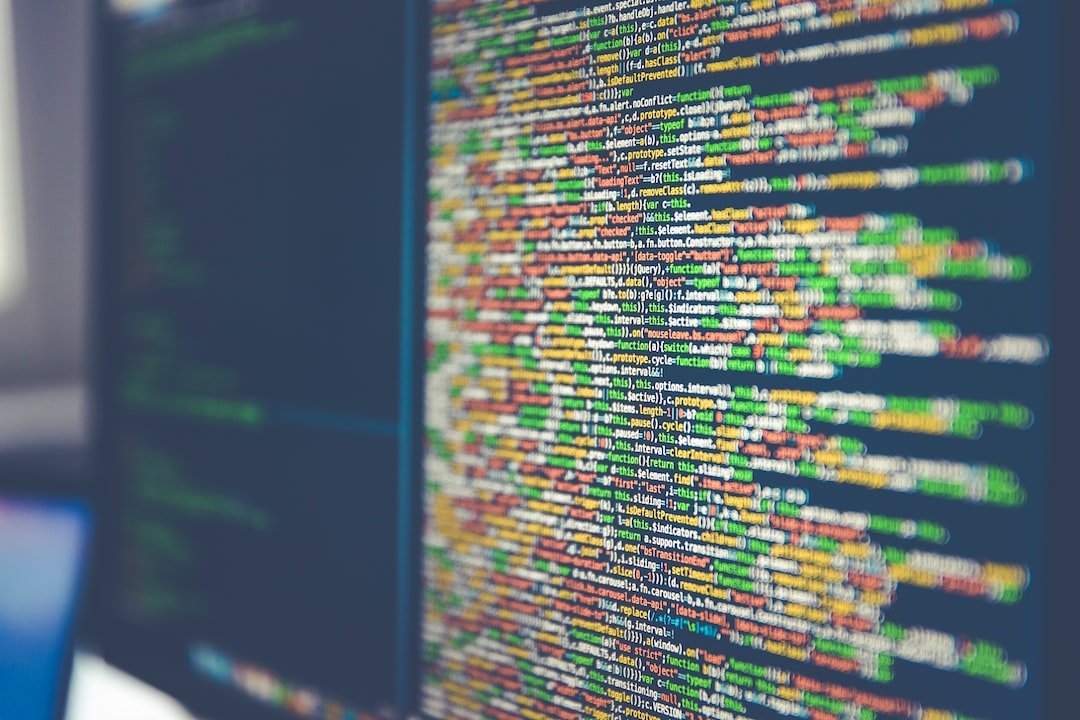Exploring the Potential of Quantum Computing in Solving Complex Problems
In the realm of computing, quantum computing stands as a powerful force with the potential to revolutionize how we solve some of the most complex problems in various fields of study. Unlike classical computers, which rely on bits that represent either a 0 or a 1, quantum computing leverages quantum bits, or qubits, which can exist in multiple states simultaneously due to the principles of superposition and entanglement. This unique feature allows quantum computers to perform calculations at an exponentially higher speed, making them particularly suitable for tackling intricate challenges that would take classical computers an eternity to solve.
One area in which quantum computing shows immense promise is cryptography. Quantum computers have the ability to factorize extremely large numbers in record time by leveraging a quantum algorithm known as Shor’s algorithm. This breakthrough poses a significant threat to current cryptographic systems that rely on the inability of classical computers to efficiently factorize large numbers and thereby ensure the security of data. As a result, efforts are now underway to develop quantum-resistant cryptographic algorithms that can withstand the computational power of quantum computers. Exploring the potential of quantum computing in cryptography can secure sensitive information and pave the way for a new era of secure data transmission.
Another field that can greatly benefit from quantum computing is optimization. Many real-world problems involve finding the most efficient solution from an exponentially large number of possibilities, such as in logistics, portfolio optimization, and resource allocation. Classical computers struggle with such problems due to the enormous time and computational power required. Quantum computing, on the other hand, can explore multiple possible solutions simultaneously, drastically reducing the time needed to find an optimal solution. By utilizing quantum algorithms such as the Quantum Approximate Optimization Algorithm (QAOA), quantum computers have the potential to revolutionize optimization problems, leading to significant advancements in numerous industries.
Quantum machine learning is yet another promising application of quantum computing. The computational power of quantum computers can help develop more accurate and sophisticated machine learning models. Traditional machine learning algorithms can be quite complex and time-consuming, especially when working with large datasets. Quantum machine learning algorithms, such as the Variational Quantum Eigensolver (VQE) or Quantum Boltzmann Machines (QBMs), can harness the superposition and entanglement properties of qubits to speed up the optimization process and enhance the accuracy of predictions. Exploring the potential of quantum computing in machine learning can have far-reaching implications, enabling breakthroughs in fields such as drug discovery, weather prediction, and sentiment analysis.
Furthermore, quantum computing holds tremendous potential for simulating complex physical systems that are currently beyond the reach of classical computers. Simulation of quantum systems, chemical reactions, and material properties can provide invaluable insights into various scientific fields. The ability of quantum computers to accurately model quantum phenomena can unlock new possibilities for designing more efficient catalysts, understanding molecular structures, and even discovering new materials with unique properties. By exploring the potential of quantum computing in simulation, researchers can accelerate scientific discoveries and revolutionize industries ranging from pharmaceuticals to renewable energy.
In conclusion, quantum computing has the potential to revolutionize problem-solving across numerous fields. From cryptography to optimization, machine learning, and simulation, quantum computers offer unparalleled computational power that can tackle some of the most complex problems faced by humanity. While we are still in the early stages of harnessing this potential, the research and development in quantum computing continue to progress rapidly. As we unlock the true power of quantum computing, we can look forward to transformative breakthroughs that will shape the future of science, technology, and human advancement.

